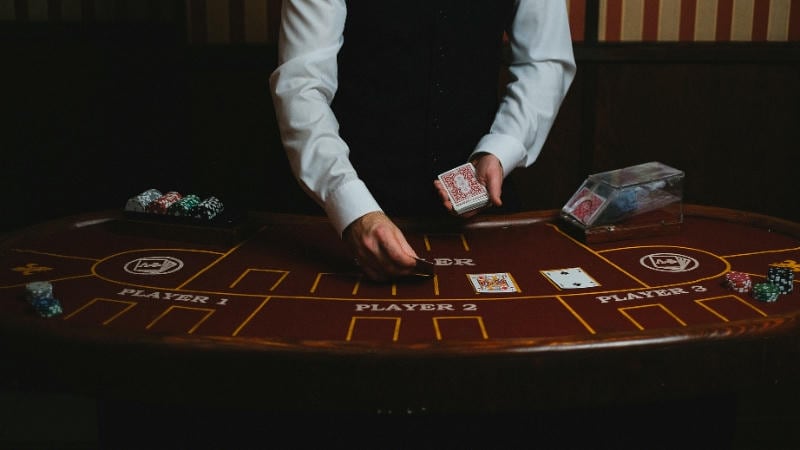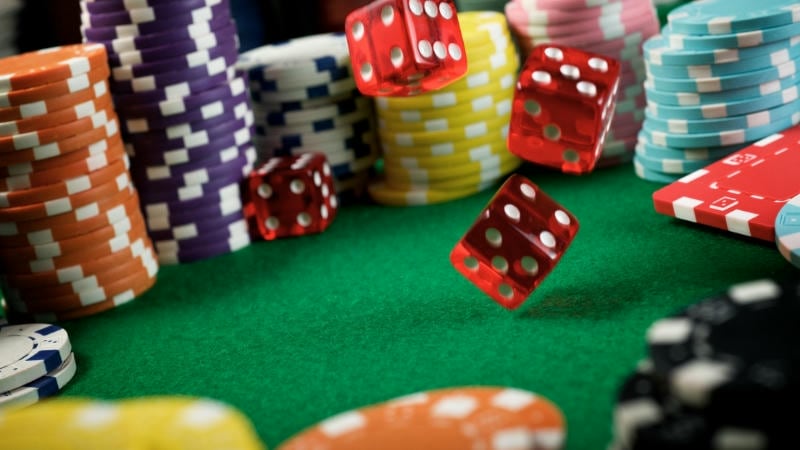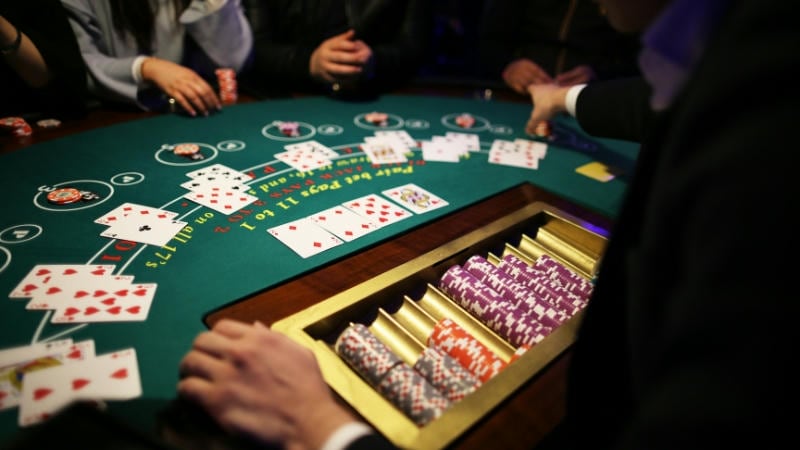Betting at 91 Club can be thrilling and entertaining, but without proper control, it’s easy to fall into a cycle of losses. So, when should you stop? Setting personal betting limits is an effective way to stay safe, protect your finances, and maintain a clear mind while enjoying your time at 91 Club.
Why Do You Lose More the Longer You Play?
The longer you engage in gambling, the higher the odds stack against you. Statistically, casinos and betting platforms like 91 Club are designed with a house edge, typically ranging from 1% to 10% depending on the game.
This means that over time, the probability of losing increases as the house edge compounds. When to stop gambling becomes critical when you notice your focus waning or emotions taking over, as these factors often lead to impulsive bets and bigger losses.

Extended gaming sessions can also cloud judgment. After hours of play, fatigue sets in, reducing your ability to make rational decisions. Data from gambling studies suggest that players who spend over 2 hours in a single session are 30% more likely to make reckless bets. Recognizing when to stop playing games helps you avoid this trap and protect your bankroll.
Recognizing the Right Time to Pause
Knowing when to stop gambling is about listening to your instincts and observing patterns. If you’re chasing losses or feeling frustrated, it’s a sign to step back. Setting a time limit, such as 1-2 hours per session, can prevent emotional burnout. For instance, 91 Club players can use in-game timers to track their playtime and stay mindful.
Another cue is when your wins or losses exceed a certain threshold. For example, if you’ve doubled your initial budget or lost 20% of it, consider pausing. These markers act as personal signals for when to stop playing games, ensuring you don’t get caught in the heat of the moment. Staying aware of your emotional state also helps—anger or overexcitement often signals it’s time to walk away.
How to Set Effective Personal Betting Limits
Creating personal betting limits is a powerful way to maintain control. Start by setting a daily or weekly budget, such as $50 or 5% of your disposable income, to avoid overspending. On platforms like 91 Club, you can often set deposit limits to enforce this boundary. Knowing when to stop gambling ties directly to sticking to these pre-set limits without exception.
Next, decide on a loss cap. For example, if you lose $30 in a session, stop playing immediately. This prevents the temptation to chase losses, which studies show affects 60% of gamblers who play without limits. Pair this with a win goal—say, stopping after a 50% profit—to lock in gains and reinforce the habit of knowing when to stop playing games.

Finally, use tools available on 91 Club, like self-exclusion options or spending alerts, to stay disciplined. These features act as guardrails, helping you maintain control. By setting clear boundaries, you can enjoy gaming without risking financial strain.
Building Long-Term Discipline for Responsible Play
Discipline is the cornerstone of responsible gambling. One effective strategy is to schedule breaks, such as a 15-minute pause every hour, to reassess your mindset. This practice helps you evaluate when to stop gambling before losses pile up. Over 70% of disciplined players report better control over their gaming habits, according to gambling behavior surveys.
Another approach is to track your bets. Use a simple notebook or app to log your wins, losses, and playtime. This habit makes it easier to spot patterns and decide when to stop playing games. For instance, if you notice consistent losses after 90 minutes, set a rule to quit at that mark. Over time, this builds a mindset focused on enjoyment rather than obsession.
Lastly, educate yourself about game mechanics. Understanding that slots on 91 Club have a return-to-player (RTP) rate of 92-96% can help you set realistic expectations. This knowledge empowers you to make informed choices and recognize when to stop gambling before losses outweigh the fun.
Staying in Control for a Better Gaming Experience
Gambling on platforms like 91 Club can be thrilling, but it’s vital to know when to stop playing games to keep it enjoyable. By setting clear betting limits, tracking your habits, and staying mindful of emotional triggers, you can avoid the pitfalls of prolonged play. The question, “Why the longer you play, the easier you lose?” highlights the importance of discipline, as extended sessions often lead to fatigue-driven mistakes.

Ultimately, responsible gaming is about balance. Set a budget, use platform tools, and take regular breaks to stay in control. Whether it’s pausing after a $20 loss or stopping after an hour, these small steps make a big difference. Knowing when to stop gambling ensures that your time on 91 Club remains fun, safe, and sustainable.
Additionally, self-awareness is key. Recognize the signs of chasing losses, emotional betting, or neglecting other responsibilities. Platforms like 91 Club often provide helpful features like time reminders, spending limits, or self-exclusion tools—take full advantage of them. The goal is not just to win, but to enjoy the process without negative consequences.
Your betting experience at 91 Club becomes more sustainable when you know how to control yourself and set proper limits. Knowing when to stop not only helps you avoid losses but also keeps the game enjoyable. Be a smart player with 91 Club—stay in control and enjoy every moment responsibly.

